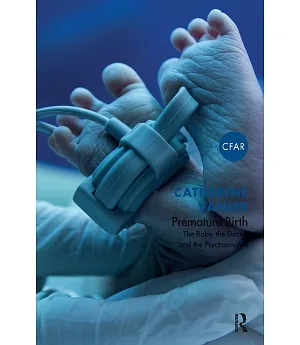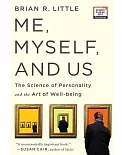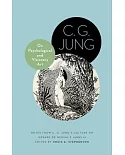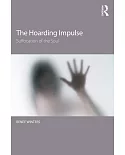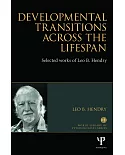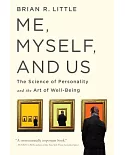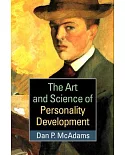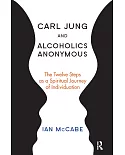The extremely premature babies who are hospitalized in a neonatal intensive-care unit are babies in danger. And if they manage to survive in their incubators, how can they begin to grasp the
world outside? If a baby is attached to a machine and partially cut off from the Other, what possibilities does it have of becoming a subject?
We are aware of some of babies’ extraordinary capacities, but what do we know about their experience of these extremely difficult and painful living conditions, of having been cast into a
strange and hostile world? How can their families and doctors facilitate their encounter with these infants? What are the effects of premature birth on the newborn baby, its parents and the
medical team?
The current data shows that even when premature babies do survive, they often suffer from behavioral problems and in some cases from psychosis or autism. What happens to the relationship
between the mother and her infant when mothers are “prevented” from taking care of their babies and left to feel guilty and useless? How do we intervene, so that despite everything we help
restore the “primary maternal preoccupation” described by Winnicott? In this process, it is crucial that we work not only with the babies and their families, but also with the doctors.
The psychoanalytical approach, which speaks about the necessity of “supposing a subject” in the baby, offers us another way of working and confronts us with a different set of ethical
questions, thus allowing us to radically rethink our idea of “developmental care”.

